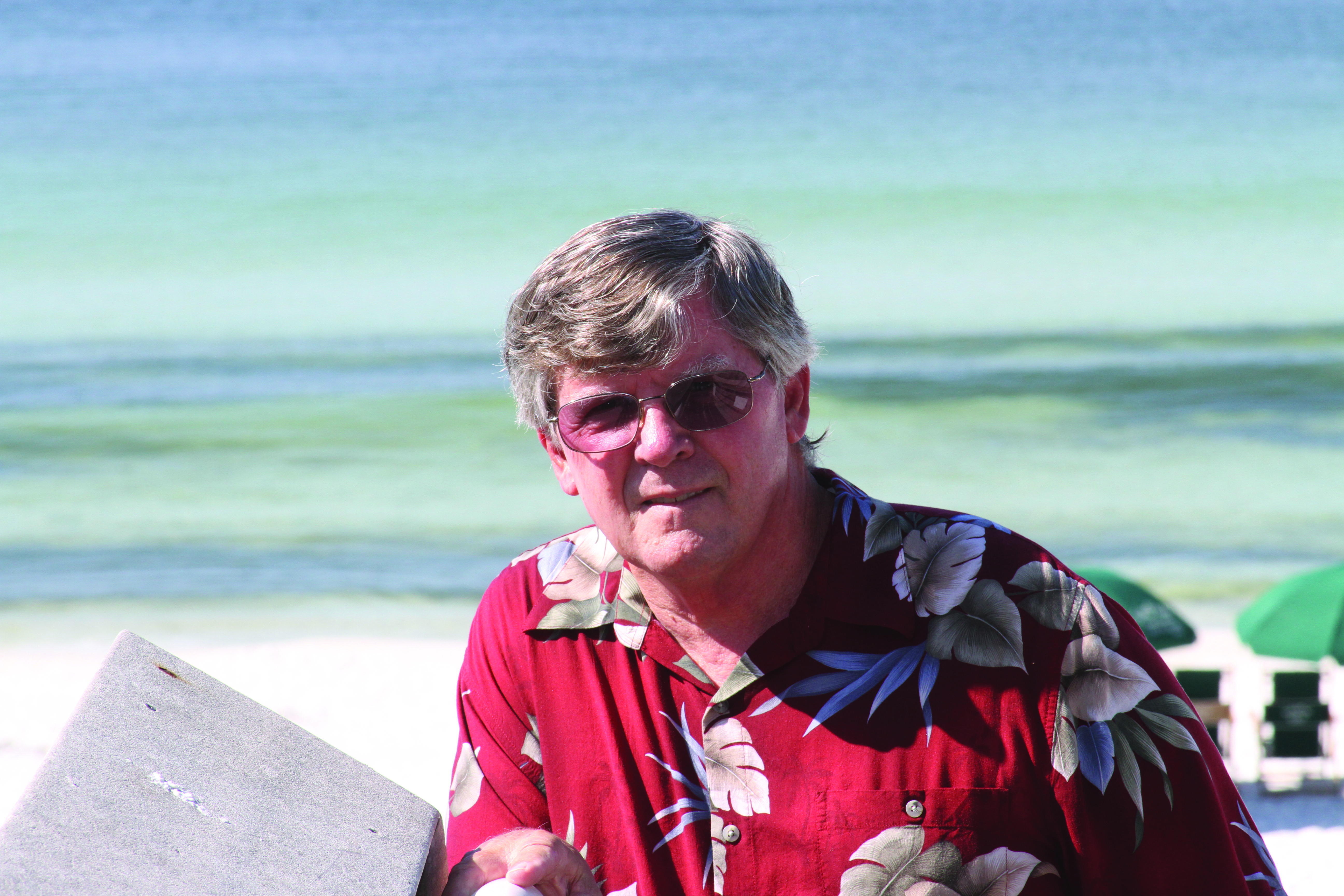By Hardy Jackson
When the name came up on the screen, I almost deleted it.
Ted Karlman.
Who the heck is that?
Looked like “spam” that my “spam catcher” didn’t catch. Someone wanting to help me lose weight, improve my love life, hook me up with a “hot girl” from Outer Insbuckstan, or help me get a bunch of money out of a bank in Nigeria (all they need is my bank account number so they can deposit the loot there).
Click delete and it’s gone.
But I didn’t click.
Something about the name was familiar. Warily I opened it and instead of a link to a place I shouldn’t go there was a letter. And it began:
Dear Professor Harvey H. Jackson,
Today will be remembered as the day I received one of the best Christmas gifts ever.
My name is Thaddeus Klarman, better known to you as Tadeusz Klarman. Yes, I am the Taddy you wrote about.
Wham!
Shazam!
“Taddy!”
A few weeks earlier I had published a Yuletide column, about a Polish refugee boy (Tadeusz “Taddy” Klarman). During the Cold War he and his Mother had slipped through the Iron Curtin to freedom. With the help of sponsors in the States they lived in Grove Hill, my home town, for less than a year.
I ended the piece on this note. “I don’t know what became of the Klarmans after they left, but I hope they lived out the American dream.”
And here he was.
Although Grove Hill was long ago and far away, Ted (as he was now known) remembers it as a place of “firsts” – where he first learned our language and customs, owned his first bicycle, had his first paper route, and such. So from time to time, he went on the computer and looked up Grove Hill. That is how he found my column.
I learned this when I wrote him. He wrote back and told me that when he and his Mother left Grove Hill in the summer of 1952 they went to Detroit, so Mrs. Klarman could escape the hot weather and find “Polish people she could associate with.” In Detroit Ted went to school and his Mother got work caring for an elderly couple. They rented an apartment and “life became more normal.”
In 1956, at the age of 18, Ted joined the Marines and after leaving the service he became a Tool & Die Maker, got his U.S. citizenship and landed a job with Chrysler where he worked until retiring. Life had its ups and downs, but now things were up.
Married to a “very good Christian woman” and happily settled near Holly, Michigan, north of Detroit, he and his wife attend a non-denominational church nearby where they are “leaders in divorce care ministries” and head a senior citizen’s group called “Young at Heart.”
And, he added, “after all these years in Michigan, I am still not a Yankee.” (A little time in Alabama can do that to some folks.)
“There is more to say,” Ted concluded, “but I don’t want to write a mini-novel.” Well, maybe he should.
Maybe, with all the controversy surrounding immigration today, someone who came here looking for a home and found one should tell the story to help us remember how immigrants became Americans – tell of how they learned the language and the customs without laws telling them they had to, tell of the work-ethic they brought with them (I still marvel at Taddy delivering papers he could hardly read) and tell how they became American citizens without forgetting what they once were.
Taddy, Ted came to this country hoping for better than what he left behind. He sought a place to fit in and found it; he adopted America and America adopted him; he served his country, worked hard, weathered problems at home and on the job and, in the end, found peace and happiness in retirement.
Reading his letter brought back to me the hope I expressed in that first column, the hope that wherever Taddy went, he would “live out the American dream.”
All things considered, I think he did.
Harvey H. (“Hardy”) Jackson is professor emeritus of history at Jacksonville State University. He can be reached at hjackson@cableone.net.

